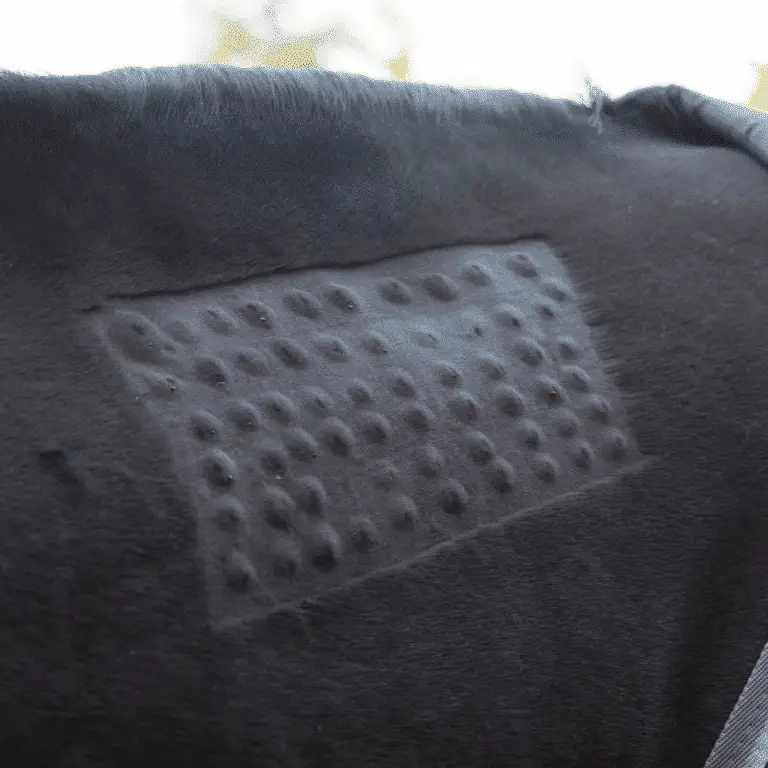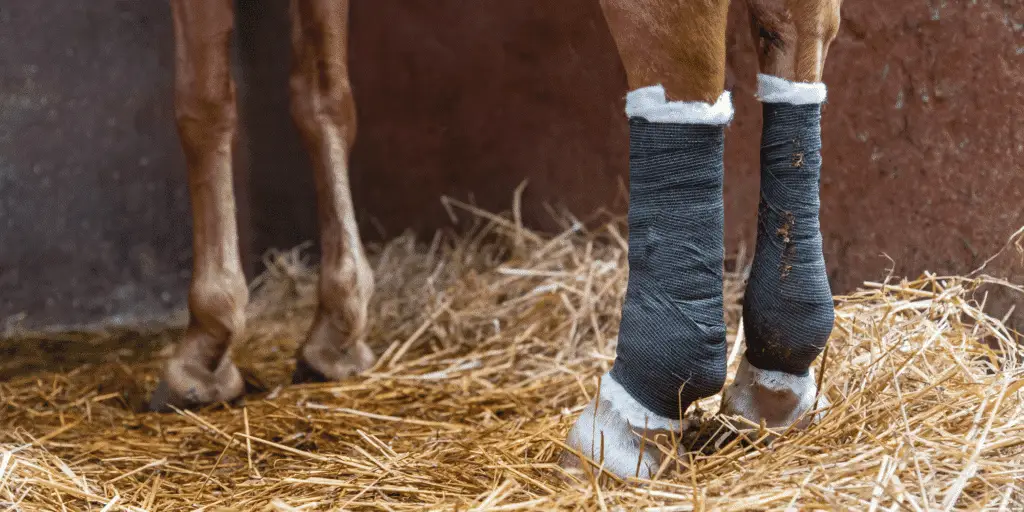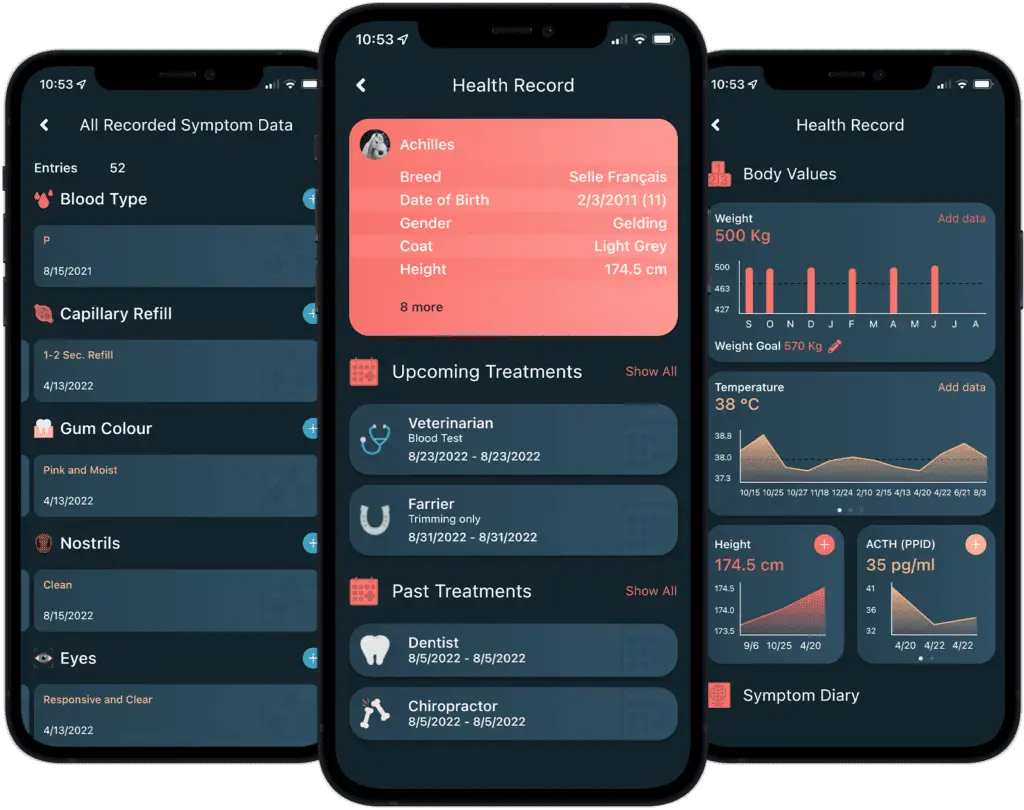
Allergies in Horses
Equine Allergy Seek veterinary advice before applying any treatment An allergy is an exaggerated response from the immune system to

Seek veterinary advice before applying any treatment
Rheumatoid arthritis is an autoimmune disease affecting the joint capsule. This condition is often characterized by swelling and pain at the joint, particularly of the synovial membrane. The synovial membrane is the soft tissue structure that surrounds the joint capsule and contains lubricating synovial fluid.
While there is no cure for this disease process, there are many ways to manage pain and lengthen the athletic career of your horse.
The condition will require treatment with non-steroidal anti-inflammatory drugs, that reduce pain and inflammation and help the joint to return to normal function. In some cases, it may be necessary or useful to inject medication into the joint itself. The more commonly used intra-articular preparations are corticosteroids and hyaluronic acid or biological joint supplements such as PRP, IRAP, Prostride, and stem cells.
While this treatment is often initially effective, some cases require repeated injections. In some cases, for example, where there has been extensive new bone formation or where a chip fracture has occurred as a consequence of DJD, arthroscopic surgery may be helpful to give the joint a better chance for recovery.
In most cases, a multi-modal approach works best:
Daily exercise;
Daily anti-inflammatories;
Intraarticular steroids;
Oral joint supplements;
Alternative modalities such as shockwave, acupuncture, PEMF, and chiropractic work may help.
Surgical or chemical fusion of joints may be recommended to speed up the arthritic process, as fusion is the most painful part for horses. Once the joint has fused, the motion may be limited, but there is less pain associated.
Have your horse on an appropriate trim/shoeing schedule. If there are any congenital or conformational abnormalities to the hoof shape or growth, they need to be managed therapeutically. Any problem with the foot can travel up the limb and cause secondary stress on other joints.
Arthritis supplements can help promote healthy joint fluid and protect joint cartilage before damage starts to occur, prolonging the life of the joints.
Avoid overuse and excessively hard, demanding work for your horse.

Digital health management offers numerous benefits in modern equine healthcare.
With the Happie Horse App, you can track symptom patterns and body values, such as Temperature, Pulse and Respiration. Allowing you to notice abnormal changes in body and behaviour early on, leading to more successful treatments.
The Happie symptom checker allows you to add all of your horse’s abnormal symptoms in order to present potential causes and diseases.

Equine Allergy Seek veterinary advice before applying any treatment An allergy is an exaggerated response from the immune system to

Foal Immunodeficiency Syndrome (Fell Pony Syndrome) This disease is fatal, cannot be cured or adequately treated and is expected to

Seek veterinary advice before applying any treatment.
Pemphigus foliaceus is an autoimmune skin disease in horses causing blistering, crusting, and hair loss, primarily on the face, limbs, and body.